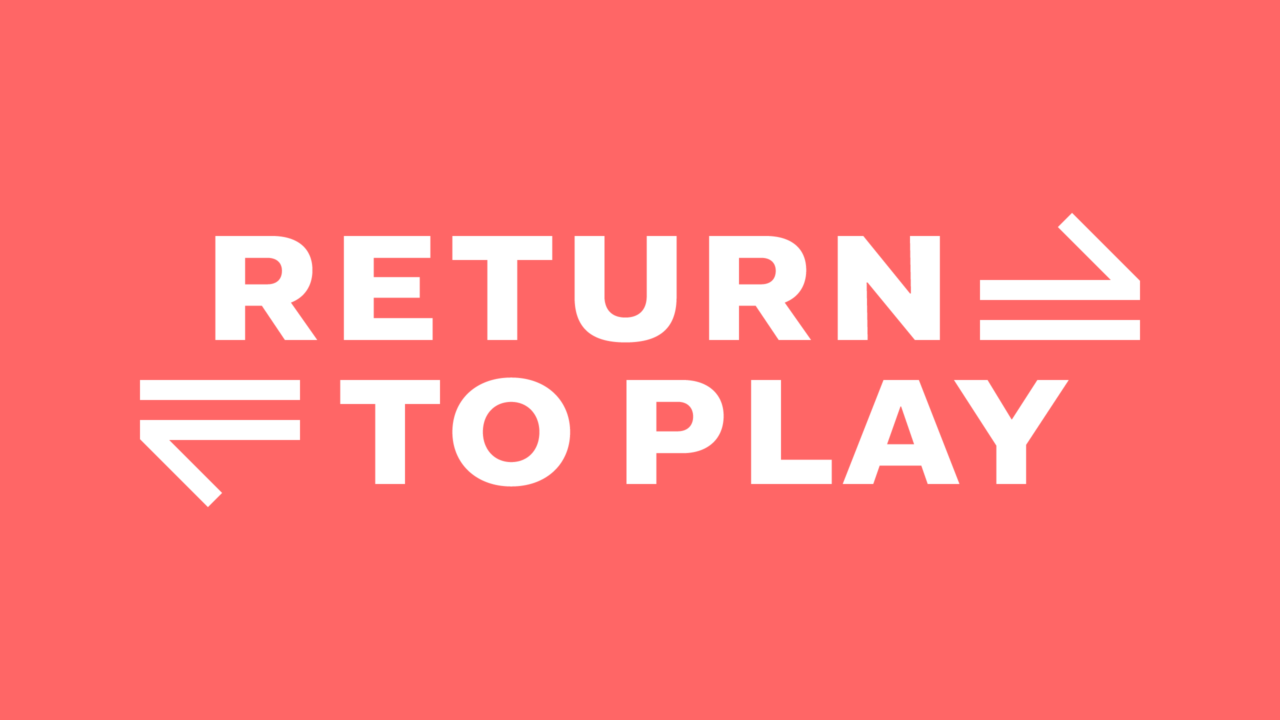Context
Concussion is a major problem in both amateur and elite sport. A number of best practices regarding the diagnosis and treatment of symptoms associated with concussion are known and have been published in scientific papers. However, most of these assessments are based on subjective criteria, making it impossible to define universal criteria for a safe return to play.
Several technologies offer objective but partial solutions. Most of them quantify different aspects that will enable a “return to normal life”, but few are adapted to the demands and dangers of a return to sport. A premature return to play represents a real risk of injury for athletes, particularly to the lower body, as recent studies have shown.
The emergence of new solutions enabling healthcare professionals to stimulate, test, measure and/or support athletes’ progress opens up new opportunities for standardising protocols. However, further studies are needed to define which markers and actions are effective in guaranteeing a rapid, easily applicable, objective and safe return to play.



